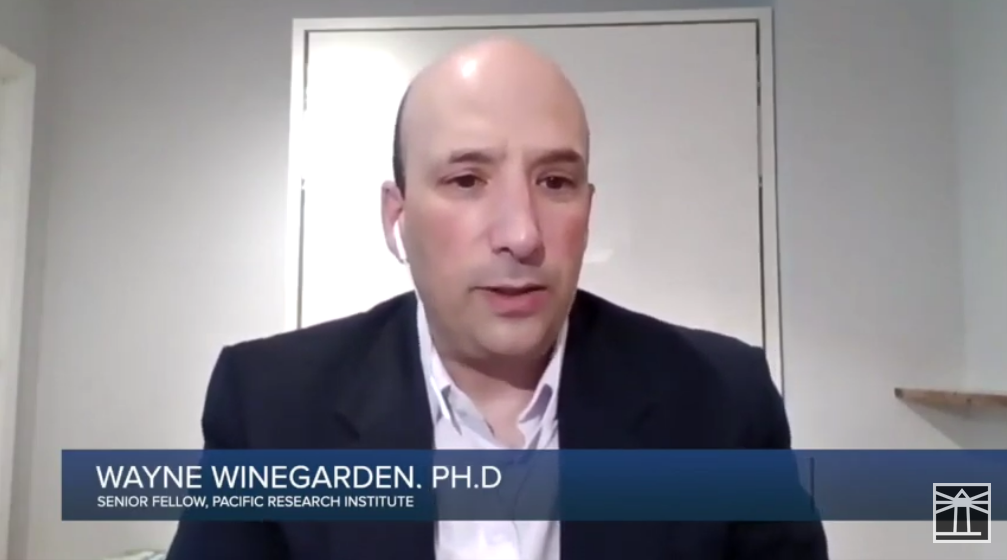Trump vs. Harris on Health Care: Experts Explain Each Side
“On the other side of the political spectrum is Wayne Winegarden, Ph.D., the Senior Fellow in Business and Economics at Pacific Research Institute, and Director of PRI’s Center for Medical Economics and Innovation. “He and his colleagues believe that patients are not in control of the health care system and that we suffer from an opaque and complex pricing structure that harms patients. “Winegarden’s free market approach means he advocates for doing away with the Obamacare subsidies that Congress must consider, as...





